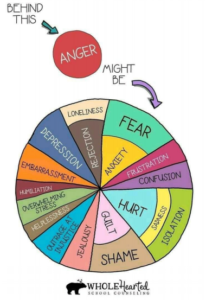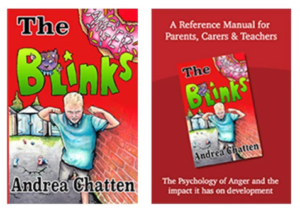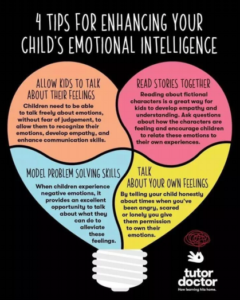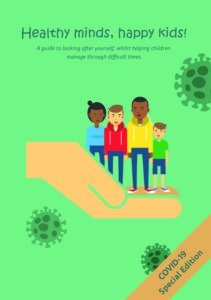10 Feb February 2021 Newsletter

Hello,
I hope you are well and the current lockdown terms and conditions are being as gentle on you as can be under what are very tough circumstances for us all.
As promised this article is going to focus on anger, to which I think we are all more sensitive due to how we have lived for the last 11 months. Anger can become a bigger problem if it isn’t managed correctly or when it is being displayed too often, presented with extreme responses and in an aggressive manner or when directed at ourselves. We must remember that anger is a normal and very important emotion. It is a very powerful indication that something is wrong, which we need to reflect on and understand. It can also be a great motivator if the energy is reapplied into changing things for the better.
The most important thing about anger, something that very often gets missed, is that it acts like an umbrella emotion. It is always underpinned with another emotion which drives angry behaviours. The feelings that most often activate anger are:
- sadness
- worry
- fear
- a sense of failure
- injustice

The biggest problem with anger is that it is usually rejected by others and is most often seen as an emotion to distance from. With children, this can make a situation worse. A child who is presenting in a difficult, aggressive manner is more likely to be pushed away. However, if the child could tell you that their reality was that they were feeling sad, lonely or the most rubbish person on the planet, then you would undoubtedly pull them close to you and reassure with love and nurture. It is when children are presenting at their angriest that they are feeling at their worst and it is then that our responses, where appropriate, can have the biggest impact.
Too often our own anger is triggered by our child’s anger as we become worried, saddened, maybe even scared by what they are doing. On many occasions, we may question our positive role as a parent. By learning to see behind angry behaviour, we can reduce our own responses, to model better behaviour and more importantly, give our the child what they need in that moment to prevent further feelings of guilt or self-loathing.
Our anger novel and manual helps children recognise these issues and learn to deal with them more effectively successfully. You can take a peek inside by clicking on the links below:
Anger Novel – Book2Look link
https://www.book2look.com/book/UJgtQnv3Ej
Anger Manual – Book2Look link
https://www.book2look.com/book/hd2yaHYbVA

- Top tips for supporting a child or young person with low self-esteem
- Remember anger is normal and how you react and deal with anger is the important thing here. Work hard to stay calm and rational.
- Whenever possible help children learn to challenge and change the negative thoughts that drive angry feelings. Rather than children activating in thoughts like, “This is making me really angry, I am going to hit them if they don’t stop, they are doing this because they think I am stupid” – think, “What will happen if I get
angry, is it worth it, I am going to walk away and breathe instead, they are obviously having a bad day?” - When children and young people are in a heightened state of emotion, their primitive brain has kicked in which is simply trying to help them survive whatever threat they are feeling. This fight or flight response is much stronger than rational thought. Delay talking until they are calm and their logical brain has been reactivated.
- Acknowledge the feeling and provide alternatives such as, “I can see you are angry and that is okay, we all feel angry sometimes, but I won’t let you hurt yourself or others. Instead you could try:
- punching a pillow
- ripping up old magazines or newspapers
- squeezing ice tightly into your hands
- going for a walk or run.

I hope you have found this helpful and that from today subtle changes to your responses to anger will begin filtering in to how you engage with the children in your care at difficult times.
This download comes from Andrea Chatten and Unravel, a team of specialised Emotional and Behavioural Psychologists and Practitioners who provide bespoke support for children, young people, families and professionals.
Click here to visit our website and find out more about how Unravel can help.
We’d love for you to become part of the Unravel community on Facebook and join hundreds of others, actively engaged in supporting the emotional wellbeing of children and young people. Just click the button below…
Supporting mental health in 2021
Recent national surveys carried out by Young Minds Charity suggests that the pandemic is having a worsening effect on our children who have existing mental health needs. Data collected from over 3,500 young people showed anxiety, sleeping problems and depression to be worse, suggesting that a lack of daily routine is having a negative impact on these already fragile minds. Read the report here: Coronavirus: Impact on Young People with Mental Health Needs.
Acting now to support the children and young people in our lives is therefore critical for their wellbeing. Let us here at Unravel help you with our mental health support manual, inspired by the coronavirus crisis. We created Healthy minds, happy kids to help the children and young people in your lives through these challenging times.

Click here to find out more and buy your copy.
Thanks so much for your interest. I look forward to being in touch with
you.
Take Care
Andrea
Andrea Chatten
Founder – Unravel
Children’s Emotional & Behavioural Psychologist
unravelsupport.co.uk



